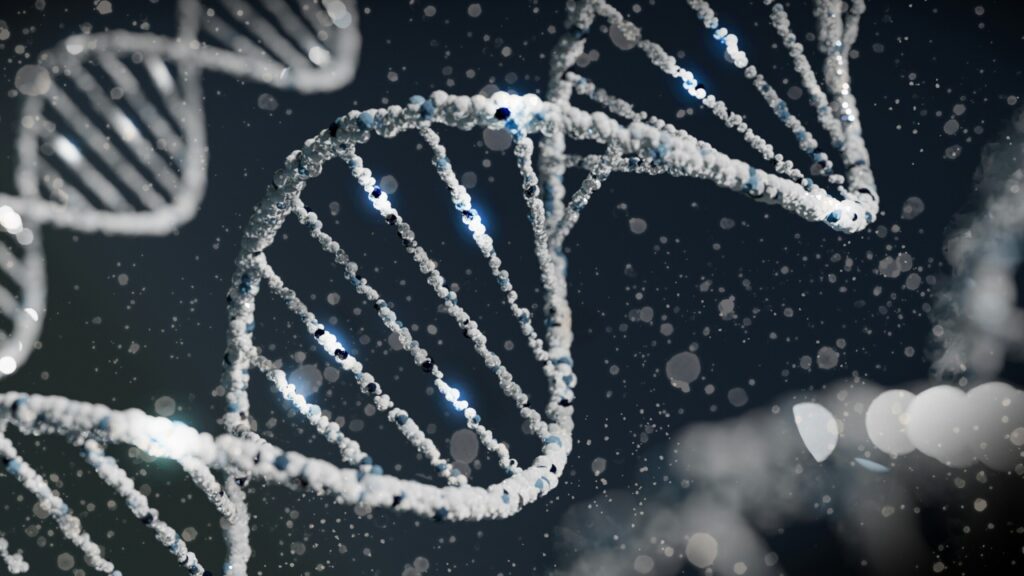Uterine fibroids are muscular tumors that are typically non-cancerous. They are very common; in fact, up to 70% of women will develop at least one of these tumors in their lifetime. However, fibroids appear to be more common in certain populations—Black women especially are disproportionately impacted. They develop these tumors more frequently—and often experience more severe symptoms—than white women. Now, we don’t know the exact reasons why some fibroids form in the first place, or why some women develop them more often than others. But, after noting patterns of tumor development, many women ask: are fibroids genetic? Here’s what you need to know.

As we’ve learned more about fibroids, we’ve discovered certain genetic mutations and variants that are more common in women who have developed these tumors. In fact, a study in The American Journal of Human Genetics revealed that women who have variants in their FASN gene, leading them to produce more FAS (fatty acid synthase) protein, may be more likely to develop fibroids. And that’s because samples of fibroid tissue had FAS protein levels that were three times higher than levels observed in normal uterine tissue. However, because higher FAS protein levels are also found in other types of tumors, this evidence can’t conclusively tell us that fibroids are genetic. But…
While your exact genetic risk factors for fibroids are still unclear, we do know that fibroids tend to run in families. As such, if you had one or more family members who developed fibroids—whether it was your grandma, mom, sister or aunt—your fibroid risk is higher than that of a woman with no family history of these tumors.
Genetics and family history aren’t the only factors that seem to influence fibroid development. In fact, your own hormone levels also directly impact your fibroid risk—especially when you experience higher estrogen and/or progesterone production in your body.
There also appears to be some link between obesity and fibroid risk, although this may be a result of increased estrogen levels contained in fat cells. Finally, newer research suggests that your environment can influence your fibroid risk, especially if you were exposed to significant air pollution or if you used hair or other products that contain hormone-disrupting chemicals. As such, while you can’t control your genetic risk factors for fibroids, by focusing on elements you can control—including balancing your hormones, reducing your chemical exposure, and maintaining a healthy weight through diet and exercise—you may be able to reduce your tumor risk.
Still wondering, are fibroids genetic? Clearly, there is an inherited component to your risk, but that does not paint the whole picture. So, what should you do if you have a family history of fibroids? As we mentioned above, you can start by trying to limit lifestyle-based risk factors for fibroids. But you should also pay attention to your body. Then, if you start to develop fibroid symptoms such as heavy periods, pelvic pain, constipation or pain with sex, call your doctor right away. While you can’t prevent tumor formation, an early diagnosis often means that you can find symptom relief with minimally invasive treatment options such as Uterine Fibroid Embolization. And, for more information on this procedure, click here to request a consultation with our fibroid experts in Houston.
As leading fibroid specialists in Houston, we can help you get back to doing the things you love – free of pain and symptoms associated with this diagnosis.

Scheduling
Please contact our dedicated specialists to schedule a consultation today.
2025 Houston Fibroids. All rights reserved. Website Design by Healthcare Success